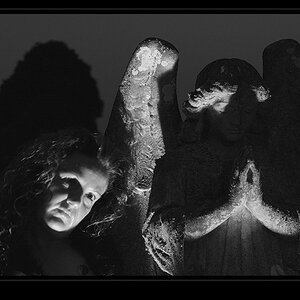This isn't that hard to overcome. Some cameras have exposure lock, where you can meter off one thing, lock in that exposure, and then recompose your shot. Or, if you shoot in manual using your camera's light meter as your guide, set your shutter and aperture to correctly expose the sky, then recompose your picture without changing your shutter or aperture settings. That being said, without a flash it's likely that your subject will come out underexposed.
When you guys talk about exposure lock, does it mean to lock the shutter speed and the aperture?
I am using Canon. There is this * button to lock the exposure.
After pointing at the sky, the display shows the shutter and aperture, then i press *. However, when i move and focus the another object, the shutter and apreture changes also ( while the * still on )
Is this correct, or is it my camera?


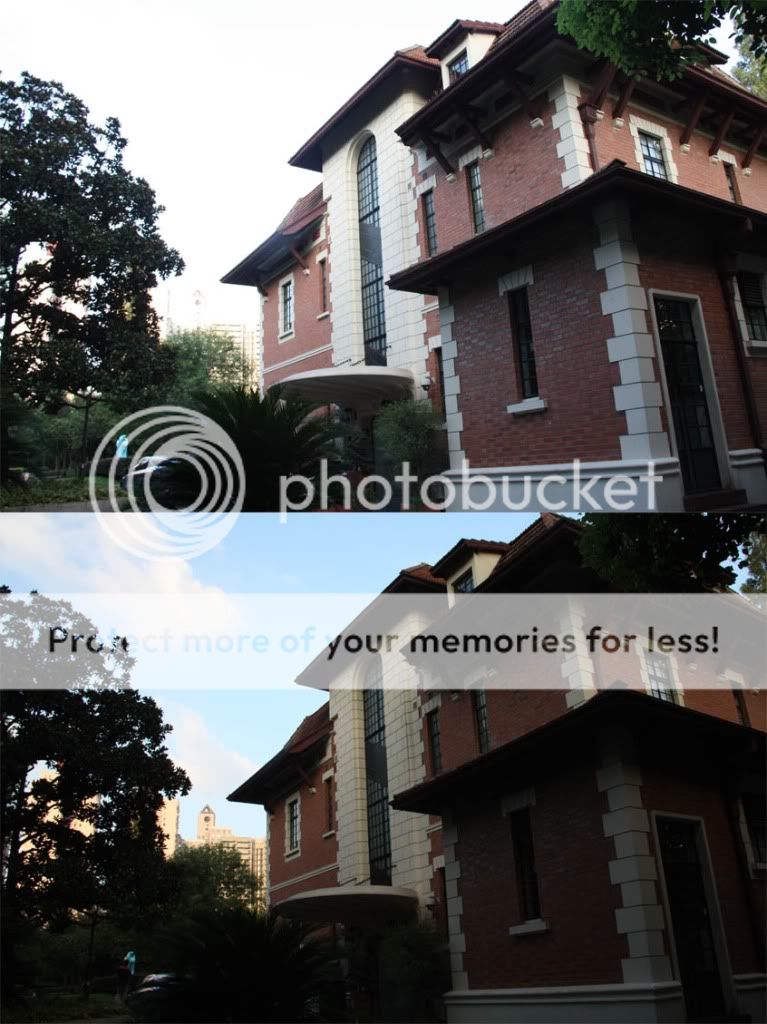
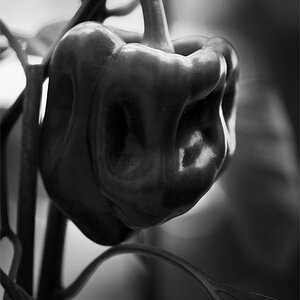

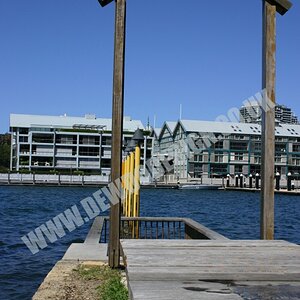
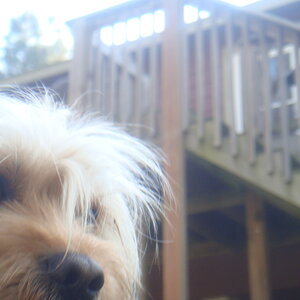

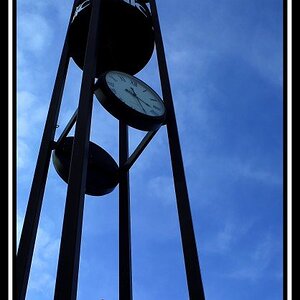

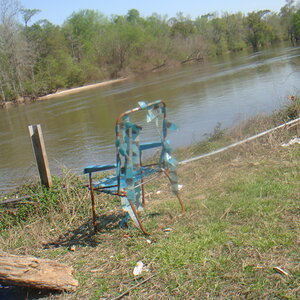
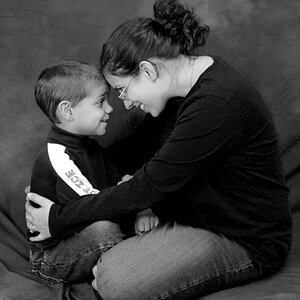

![[No title]](/data/xfmg/thumbnail/30/30994-49c5521f7b5b417f49dcd43891cbec27.jpg?1619734557)
